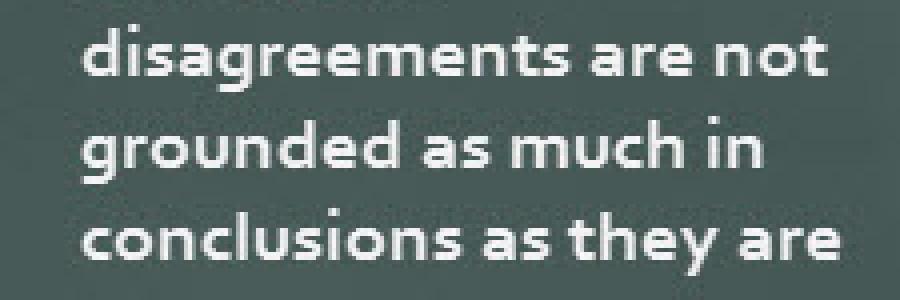A worldview is the perspective through which one views the world. By definition, a biblical worldview is derived exegetically from the pages of the Bible. Philosophy and theology have long been perceived as rivals in worldview, but if we define those terms lexically and through a Scriptural lens, then we find no friction between the two disciplines. In fact, the two are complementary.
Philosophy as a discipline is recognized as “the systematic and critical study of fundamental questions that arise both in everyday life and through the practice of other disciplines.”* Philosophy the discipline is often confused with philosophy as a worldview. The discipline is informed by the worldview (or the perspective by which the philosopher is viewing philosophy), but the discipline is distinct from worldview.
For example, many of the early Greek philosophers set out to find answers to life’s great questions using only naturalistic evidences. To their credit, they were in part motivated by a desire to move away from superstition and unwarranted belief in a pantheon that was hardly explanatory. The naturalistic worldview of these thinkers shaped much of what we understand as philosophical inquiry, but it is important to note that it was their worldview that was naturalistic, not the discipline of philosophy itself.





Discussion